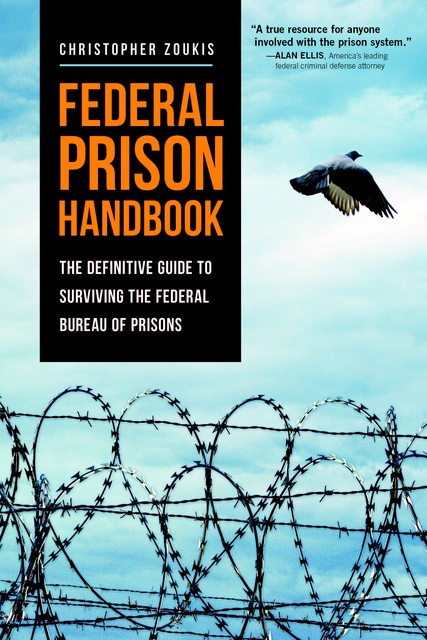by Michael Dean Thompson
The cell-site simulator (“CSS”) is a powerful and largely unregulated device once designed for military intelligence use that has found its way onto the streets of the U.S. Today, in fact, it is even being offered to policing agencies pre-installed on unmarked police vehicles. …
by Michael Dean Thompson
The Federal Aviation Administration has relaxed its rules so that drones can be flown beyond line-of-sight by certain groups such as cops, firefighters, and even construction companies. Some policing agencies are choosing drones that only point the camera down at the ground when they …
by Michael Dean Thompson
Metadata is the data that describes data. If you make a phone call, metadata describes that call’s external characteristics: source number, destination number(s), how long the call lasted, etc. Although the metadata does not describe content, it still delivers enough information about a connection …
by Michael Dean Thompson
The Black Lives Matter (“BLM”) protests ignited changes among law enforcement agencies throughout the country. Text messages from police in 2020 showed they were only enforcing curfews against protestors. Z. Williams, the director of client support and operations at the Denver-based nonprofit Bread and …
by Michael Dean Thompson
Provide a DNA sample, and Parabon NanoLabs’ tech will generate a projected 3D image of a suspect’s face. The process takes advantage of AI trained on the DNA and 3D facial scans of thousands of volunteers. That might sound impressive, at least until compared …
by Michael Dean Thompson
Networked Privacy and DNA
Dana Boyd who was one of the first to describe the idea of Networked Privacy has pointed out that choice is not really individual in the network. That is, the choices we make affect our entire network. That likewise …
by Michael Dean Thompson
According to what Cooper Quentin who is a technologist at the Electronic Frontier Foundation told the Washington Post, the government has promised they will only use this latest tool for the most grievous crimes. We have heard that before. We previously heard that with …
by Michael Dean Thompson
The American Civil Liberties Union (“ACLU”) successfully sued for access to FBI information regarding cell-site simulators (“CSS”). For years, the FBI has used nondisclosure agreements (“NDA”) to hide their use of CSSs from the public and the courts. Now, thanks to the Freedom of …
by Michael Dean Thompson
Every formerly incarcerated person has to deal with additional employment hurdles that impede their opportunities for successful reintegration. A recent study by the School of Criminology and Criminal Justice at Northeastern University attempted to determine if Postsecondary Carceral Education (“PSCE”) improved employment opportunities and …
by Michael Dean Thompson
Subpoenas based on a phone number served on the messaging app Signal typically receive only two pieces of information: the date the account was created and the last time it was accessed. Sometimes, they receive less. Signal’s website tells its users, “It’s impossible to …





